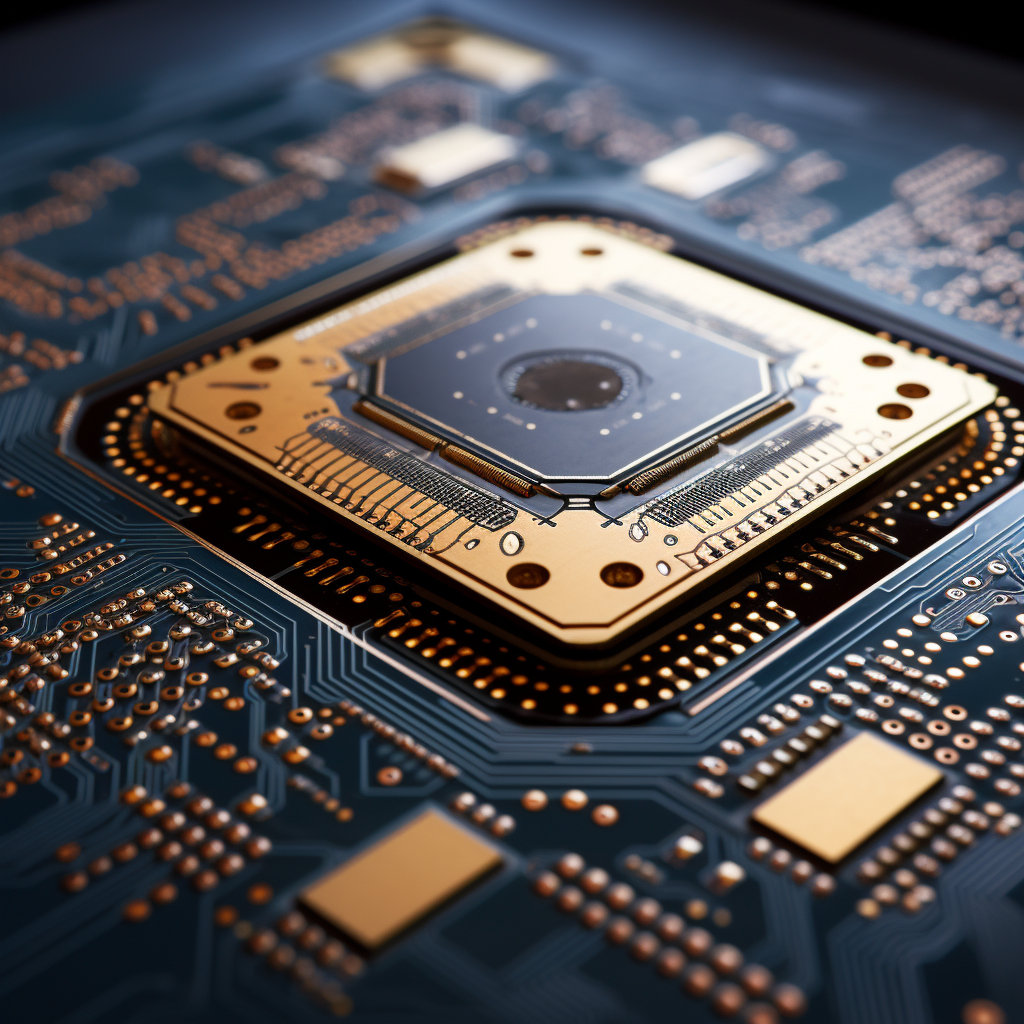IBM Ushers in a New Era of AI Efficiency with Breakthrough Analog AI Chip
Tool TrendAI • October 29, 2023
The post IBM Ushers in a New Era of AI Efficiency with Breakthrough Analog AI Chip first appeared on Tool Trend AI.

ToolTrendAI
In a groundbreaking development that promises to reshape the landscape of artificial intelligence (AI), IBM Research has unveiled a revolutionary analog AI chip designed to redefine the efficiency of deep learning applications. This cutting-edge chip boasts an impressive tenfold increase in energy efficiency compared to conventional digital AI chips, paving the way for significant advancements in AI applications such as natural language processing and image recognition.
This breakthrough innovation marks a pivotal moment in the evolution of AI technology, addressing the growing demand for energy-efficient solutions in the face of ever-increasing computational demands. The analog AI chip developed by IBM Research has the potential to revolutionize the field of AI, opening doors to a new era of sustainable and scalable AI applications.
The remarkable energy efficiency of IBM’s analog AI chip stems from its unique architecture, which mimics the neural networks found in the human brain. By employing analog circuitry, the chip eliminates the need for energy-intensive digital conversions, significantly reducing power consumption while maintaining high computational performance.
This breakthrough has far-reaching implications for the future of AI, particularly in domains where energy efficiency is paramount. With its remarkable power savings, the analog AI chip enables the deployment of AI applications on edge devices and in remote locations, where access to reliable power sources may be limited.

The exceptional efficiency of IBM’s analog AI chip is poised to accelerate advancements in various AI applications, particularly in the areas of natural language processing (NLP) and image recognition. By reducing the energy footprint of AI computations, the chip enables more extensive and complex AI models to be trained and deployed, leading to enhanced accuracy and performance in these critical AI domains.
In the realm of NLP, the analog AI chip can empower the development of AI models capable of understanding and generating human language with greater precision and sophistication. This could revolutionize human-computer interactions, enabling seamless communication and collaboration between humans and AI systems.
Similarly, in the field of image recognition, the analog AI chip can fuel the development of AI models capable of identifying and classifying images with unprecedented accuracy. This could transform various industries, from medical diagnostics to autonomous vehicles, where accurate image recognition is crucial for safety and efficiency.
The energy efficiency of IBM’s analog AI chip has significant implications for the accessibility and sustainability of AI technology. By reducing power consumption, the chip enables AI applications to be deployed on a wider range of devices, including those with limited power sources. This could extend the reach of AI to remote areas and underserved communities, bridging the digital divide and democratizing access to AI-powered solutions.
Furthermore, the reduced energy consumption of the analog AI chip contributes to a more sustainable AI ecosystem. By minimizing the environmental impact of AI computations, IBM’s innovation aligns with the growing global focus on environmental responsibility and sustainability.
IBM’s groundbreaking analog AI chip represents a significant leap forward in AI technology, paving the way for more energy-efficient and scalable AI applications. With its remarkable energy savings and potential to enhance AI performance, this innovation has the power to transform various industries and revolutionize the way we interact with AI systems. As AI continues to evolve, IBM’s analog AI chip stands as a testament to the company’s commitment to innovation and its unwavering pursuit of a more sustainable and efficient AI-powered future
The post IBM Ushers in a New Era of AI Efficiency with Breakthrough Analog AI Chip first appeared on Tool Trend AI.
Have a question or comment?
Let us know.